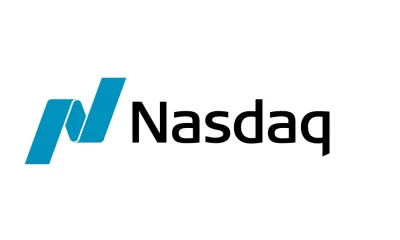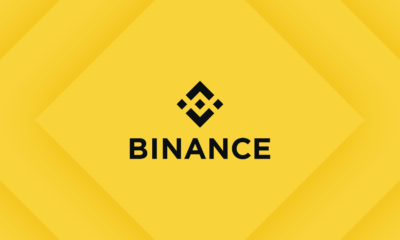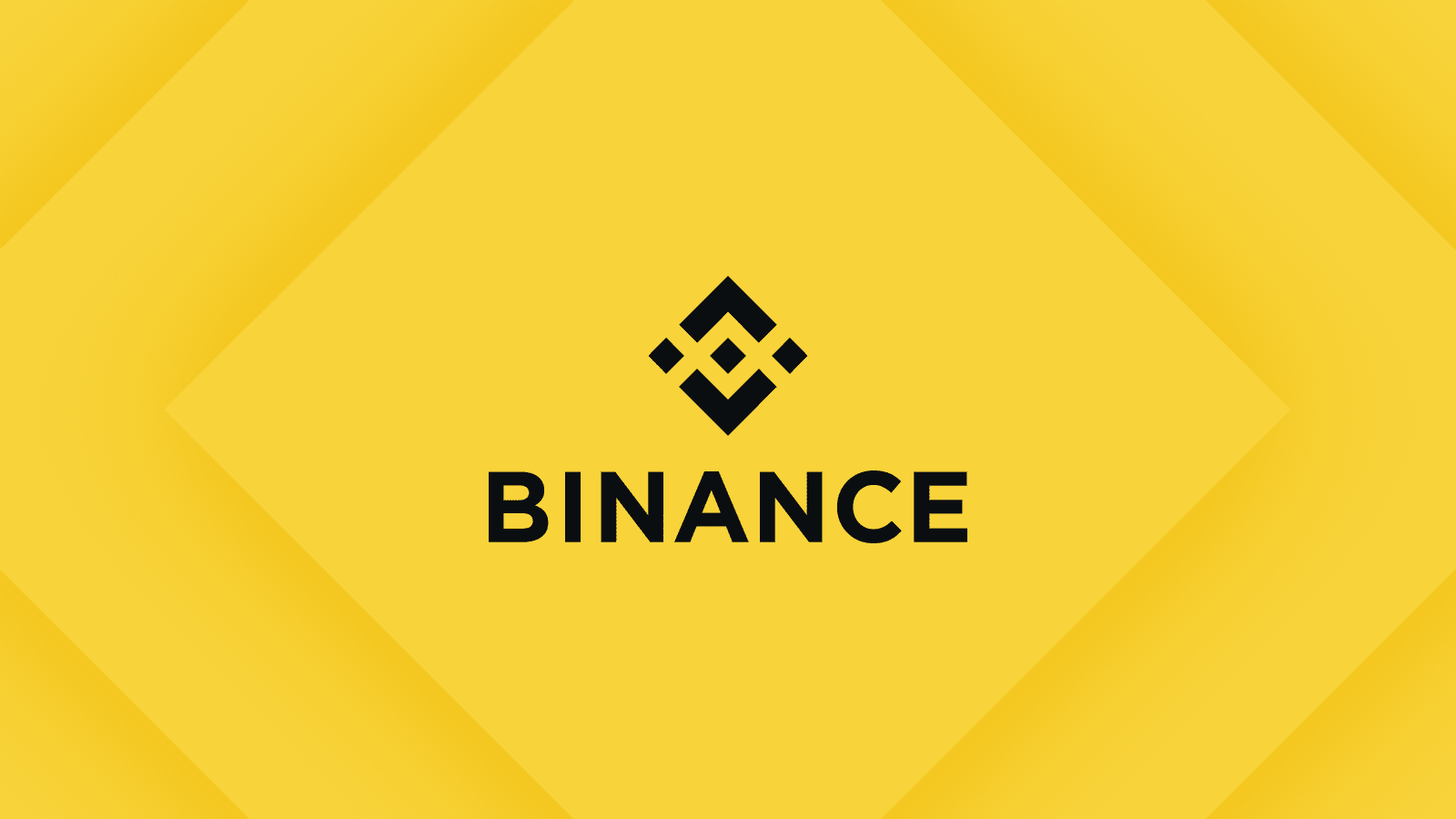Heather Morgan, also known by her online persona “Razzlekhan,” has been sentenced to prison for her involvement in a large-scale money laundering operation linked to the Bitfinex exchange hack. Morgan, along with her husband Ilya Lichtenstein, was convicted for conspiring to launder over $4.5 billion worth of cryptocurrency stolen in a 2016 hack of the popular crypto exchange. Morgan received a sentence of more than two years in federal prison after being found guilty of facilitating the laundering of stolen funds, much of which was transferred across various digital wallets in an attempt to obscure the illicit activity.
The hack, one of the largest in cryptocurrency history, saw nearly 120,000 Bitcoin stolen from Bitfinex users, an amount that at the time was worth roughly $72 million but has since ballooned in value. Morgan and Lichtenstein were arrested in early 2022, and U.S. authorities managed to trace and seize a significant portion of the stolen funds, ultimately recovering over $3.6 billion in Bitcoin. Their arrests were part of a broader crackdown on cryptocurrency-related crimes, signaling the increasing efforts by law enforcement to track and combat digital asset-based money laundering.
Morgan, a self-proclaimed “serial entrepreneur” and “cybersecurity expert,” gained public attention due to her eccentric online persona and social media presence. Her involvement in the laundering scheme began when she and Lichtenstein devised a sophisticated plan to move the stolen Bitcoin through a series of transactions, using fake identities and sophisticated technology to mask their activities. However, the pair’s attempts to cover their tracks ultimately failed as investigators employed blockchain analysis tools to trace the illicit funds.
The sentencing marks a significant development in the ongoing battle against cryptocurrency-related crime, highlighting both the potential for large-scale illicit activities in the digital asset space and the growing effectiveness of authorities in prosecuting such crimes. While Morgan’s sentence is a notable outcome, the legal proceedings against Lichtenstein are still ongoing. The case serves as a reminder of the risks and legal consequences associated with illegal activities in the cryptocurrency market, and it could set a precedent for future enforcement actions targeting money laundering in the sector.

 Business7 days ago
Business7 days ago
 Business7 days ago
Business7 days ago
 Business7 days ago
Business7 days ago
 Business4 days ago
Business4 days ago
 Business1 week ago
Business1 week ago
 Business4 days ago
Business4 days ago
 Business3 days ago
Business3 days ago
 Business1 week ago
Business1 week ago





























